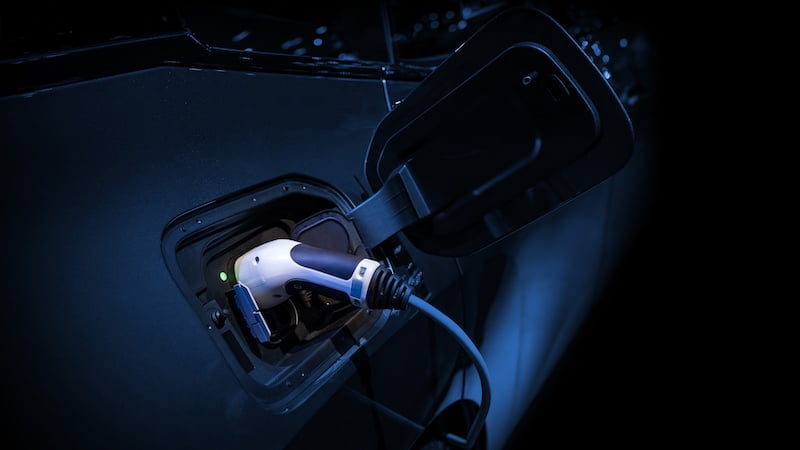
According to a recent study, it is the fault of politicians that Germany has fallen years behind in the transition to electromobility. Experts are therefore calling for the environmental bonus for electric cars to be brought back as soon as possible.
Germany has fallen five years behind in the transition to electromobility. This is reported by, among others, the Stern citing a recent study by the Center Automotive Research (CAR) in Bochum. Both the German government and the opposition are to blame.
Economist and CAR director Ferdinand Dudenhöffer sees the main cause in political missteps and misleading discussions in Berlin. He warns that Germany is falling behind on the important future issue of mobility.
End of environmental bonus for electric cars led to uncertainty
The study shows that the share of fully electric vehicles in new registrations reached its highest level nationwide in 2022 at 17.7 percent. Including plug-in hybrids, the share was even 31.4 percent. In the first half of 2024, however, it fell to just 12.5 percent. In addition, according to CAR, such sales figures are no longer expected before 2027.
According to Dudenhöffer, politicians should weigh their words and actions more carefully in the future. Car buyers are sensitive when it comes to prices and political statements. For example, the end of sales bonuses for plug-in hybrids at the beginning of 2023 led to a decline in sales.
When the environmental bonus for electric vehicles expired at the beginning of last year, uncertainty on the market increased. This decision came primarily from the Greens and Economics Minister Robert Habeck. According to Dudenhöffer, this was the very party that wanted to achieve the opposite.
Ursula von der Leyen also publicly questioned the EU-wide ban on combustion engines by 2035. In doing so, she contributed to the slump in sales. According to Dudenhöffer, the discussion about “saving the combustion engine” was then used by parties such as the FDP, AFD, CDU, CSU and BSW to win votes. At the same time, synthetic fuels received praise, although there were no reliable facts on the production or cost side.
Technology of the future: Dudenhöffer calls for new campaign
At least that's what the numbers show: In the first half of 2024, 56.1 percent of newly registered vehicles were petrol or diesel. According to CAR, the trend can still be reversed, as the price gap between combustion engines and electric vehicles continues to shrink. Weak demand has already led to lower prices for batteries. Stricter EU CO2 requirements from 2025 could also generate higher discounts on electric cars.
Professor Dudenhöffer is calling for the immediate reintroduction of an environmental bonus for electric cars. In his opinion, it should be between 5,000 and 6,000 euros. Industry should also participate. The expert also advocates a clear political campaign. It should emphasize the advantages of electric vehicles as the high technology of the future.
Also interesting:
Source: https://www.basicthinking.de/blog/2024/08/09/studie-umweltpraemie-e-autos/


